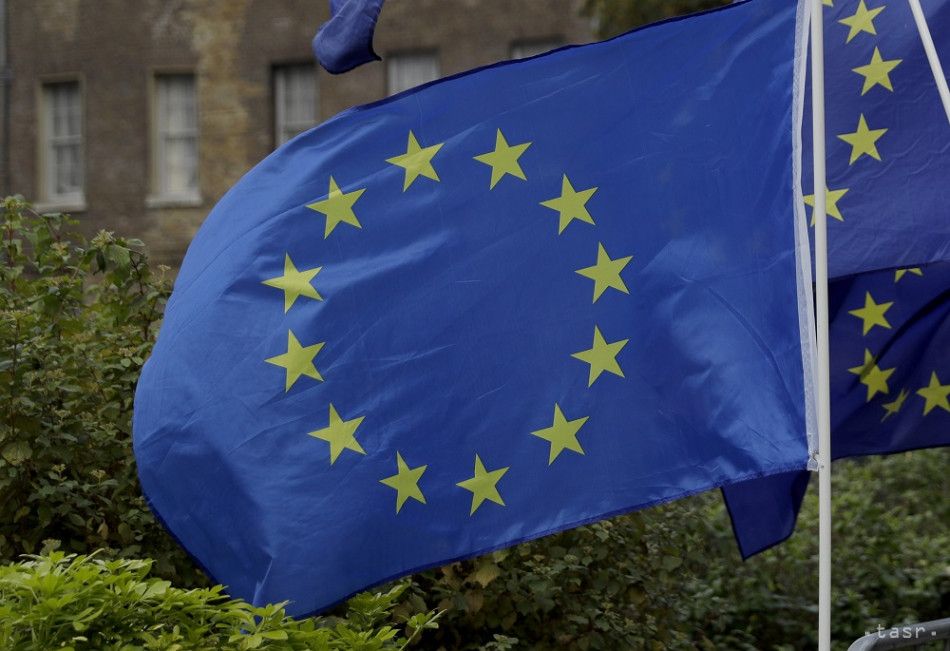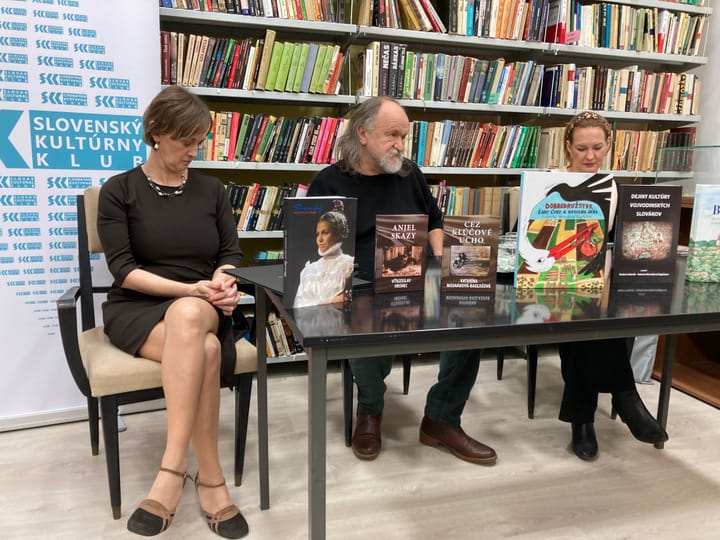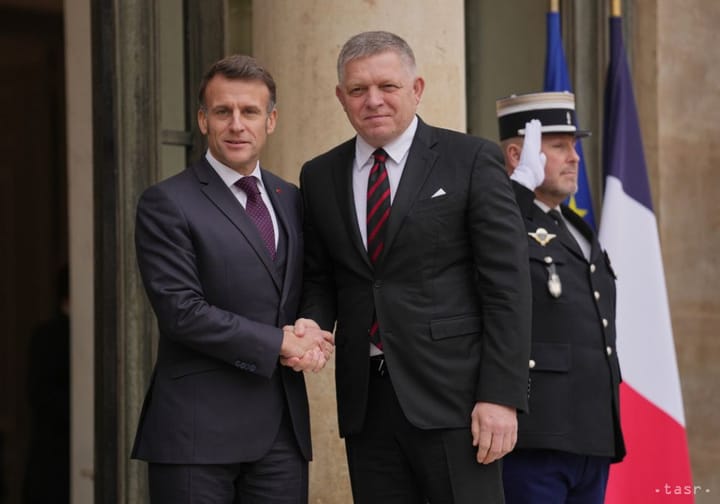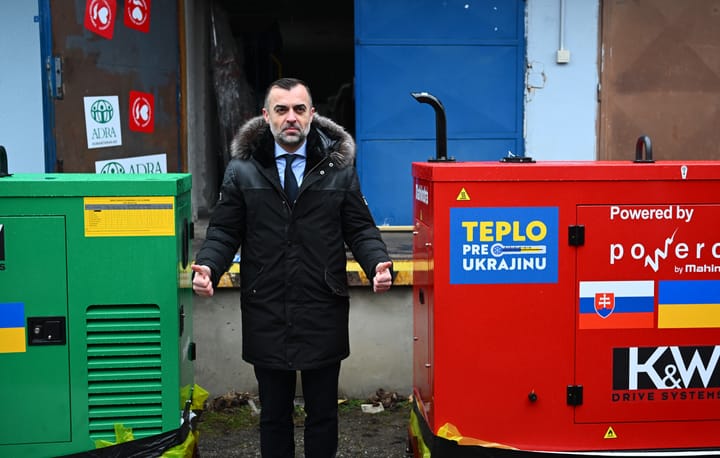CoFoE: Slovakia Has Impact on European Policy-making, Claim MEPs

Bratislava, December 20 (TASR) – In addition to drawing direct benefits from its EU membership, Slovakia also has a real impact on European policy-making, Slovak MEPs Vladimir Bilcik, Michal Simecka and Michal Wiezik concurred during a recent discussion organised by TASR TV in connection with the ongoing Conference on the Future of Europe (CoFoE).
The MEPs were also answering questions posed by political science students from Constantine the Philosopher University in Nitra. One of the students asked them how they would like to “change the euroscepticism” that prevails in the region.
Wiezik views euroscepticism as a “big problem”, ascribing it to the influence of the disinformation scene. “Euroscepticism isnt based on objective knowledge or objective facts. This is a big problem in today’s world, as there is an overload of information, and people aren’t sufficiently able to filter and approach this information critically,” he said. According to him, people are “evidently exposed to” disinformation attacks and a hybrid war. As soon as these harmful imputs can be filtered out, the good things about the EU will become obvious.
Simecka stated that many claims that are being spread via the Internet are pure nonsense. On the other hand, the Union needs criticism, he stressed. “The EU isn’t perfect, either. I myself can see plenty of the problems that exist in the Union,” he said. As an example he pointed to “lengthy” bureaucratic procedures. “It’s very cumbersome, it’s often very bureaucratic, and ordinary people legitimately wonder what a summit or the European Parliament will bring us. I do understand that, but I think that the EU can move forward when it has good critics,” said Simecka. He wouldn’t view euroscepticism as such as evil. He actually considers it to be very needful.
Bilcik stated that he has no problem with criticism of the EU, as he views matter-of-fact criticism as good. It seems to people that the Union is slow and ponderous. That’s absolutely natural, as the democracy in place is extremely complicated. There’s a need to secure the agreement of the EP, where there are 705 MEPs. The agreement of the 27 member states, in which there are various governments, is required. The cooperation of the European Commission, which then has the task of putting this into practice, is also necessary, explained Bilcik.
The CoFoE will collect comments and ideas until the spring of 2022. These may lead to concrete recommendations for reforming the EU.



